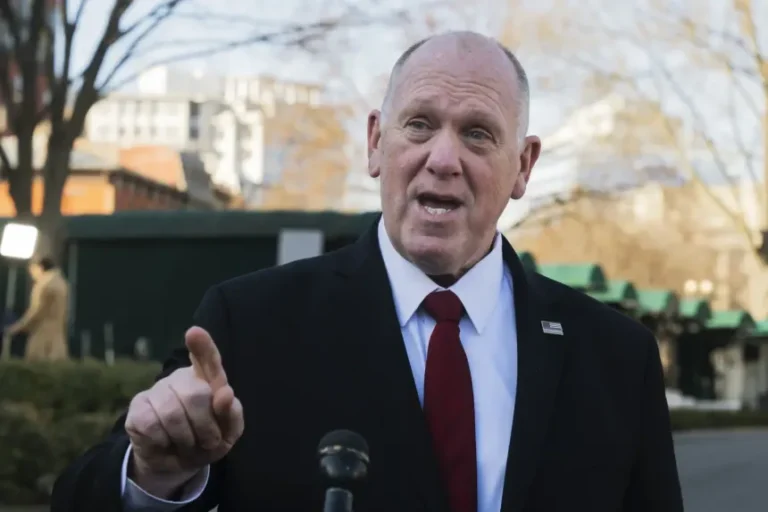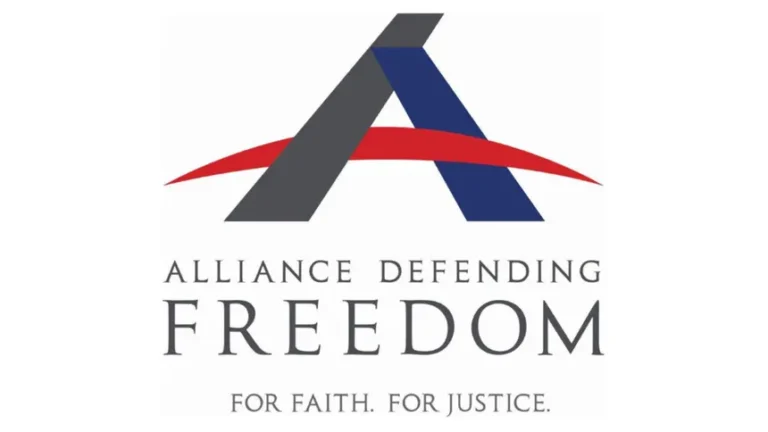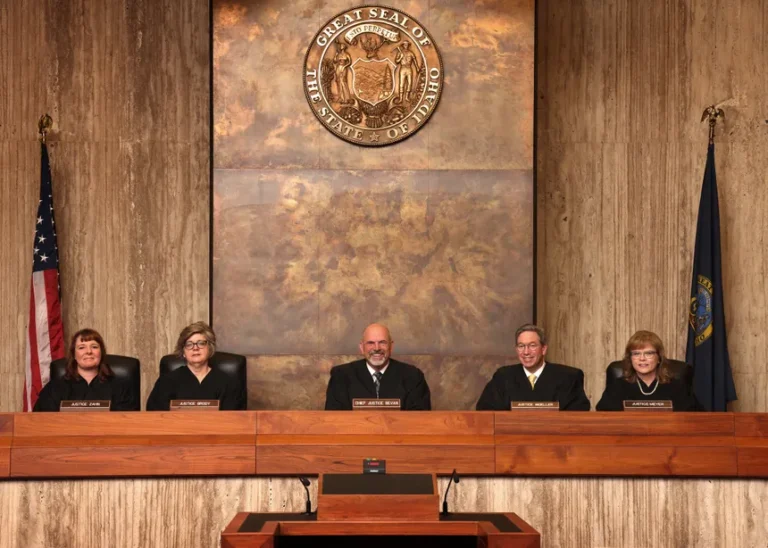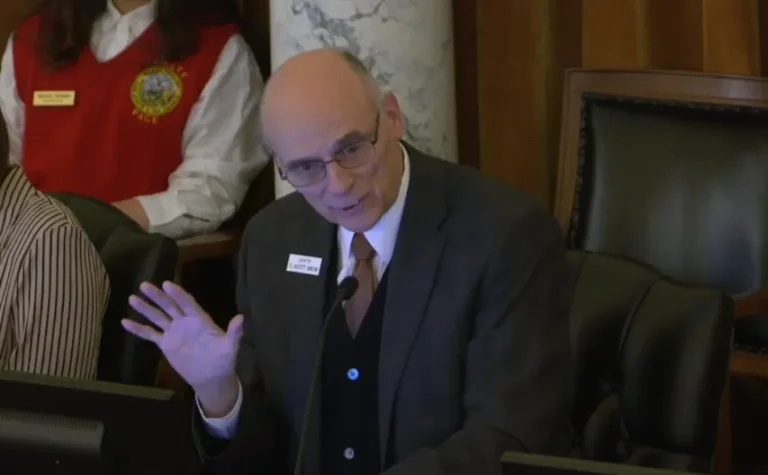
Federal Action Citing “Special Conditions of an Emergency Nature”
The president has declared a crime emergency in Washington, D.C., citing high rates of violent crime, vehicle theft, and public safety concerns that he says threaten federal operations in the nation’s capital.
Using Section 740 of the District of Columbia Home Rule Act, the president has ordered the Metropolitan Police Department (MPD) to provide services for federal purposes for the maximum time allowed under the law. The order delegates operational control of the MPD to the U.S. Attorney General for the duration of the emergency.
Reasons for the Emergency Declaration
The executive order states that violent crime levels in the District exceed those in all 50 states and place the city among the most dangerous globally. Reported statistics include:
- Homicide rate (2024): 27.54 per 100,000 residents
- Vehicle theft rate (2024): 842.4 per 100,000 residents — over three times the national average
According to the order, the rise in crime disrupts safe transportation, hampers federal recruitment, undermines government functions, and threatens the safety of citizens, visitors, and federal employees.
Federal Oversight and Role of the Attorney General
Under the directive:
- The Attorney General has authority to determine what MPD services are required for federal purposes.
- The Attorney General will consult with senior officials, monitor conditions, and provide regular updates to the president.
- The president may take further action or end the order based on these assessments.
Duration and Legal Framework
Section 740 of the Home Rule Act allows temporary federal control of the D.C. police during emergencies. The maximum period without congressional approval is 30 days, after which an extension would require a joint resolution from both the House and Senate.
The order emphasizes that it should be implemented in accordance with existing law, does not create enforceable legal rights for private parties, and will be funded by the Department of Justice.





